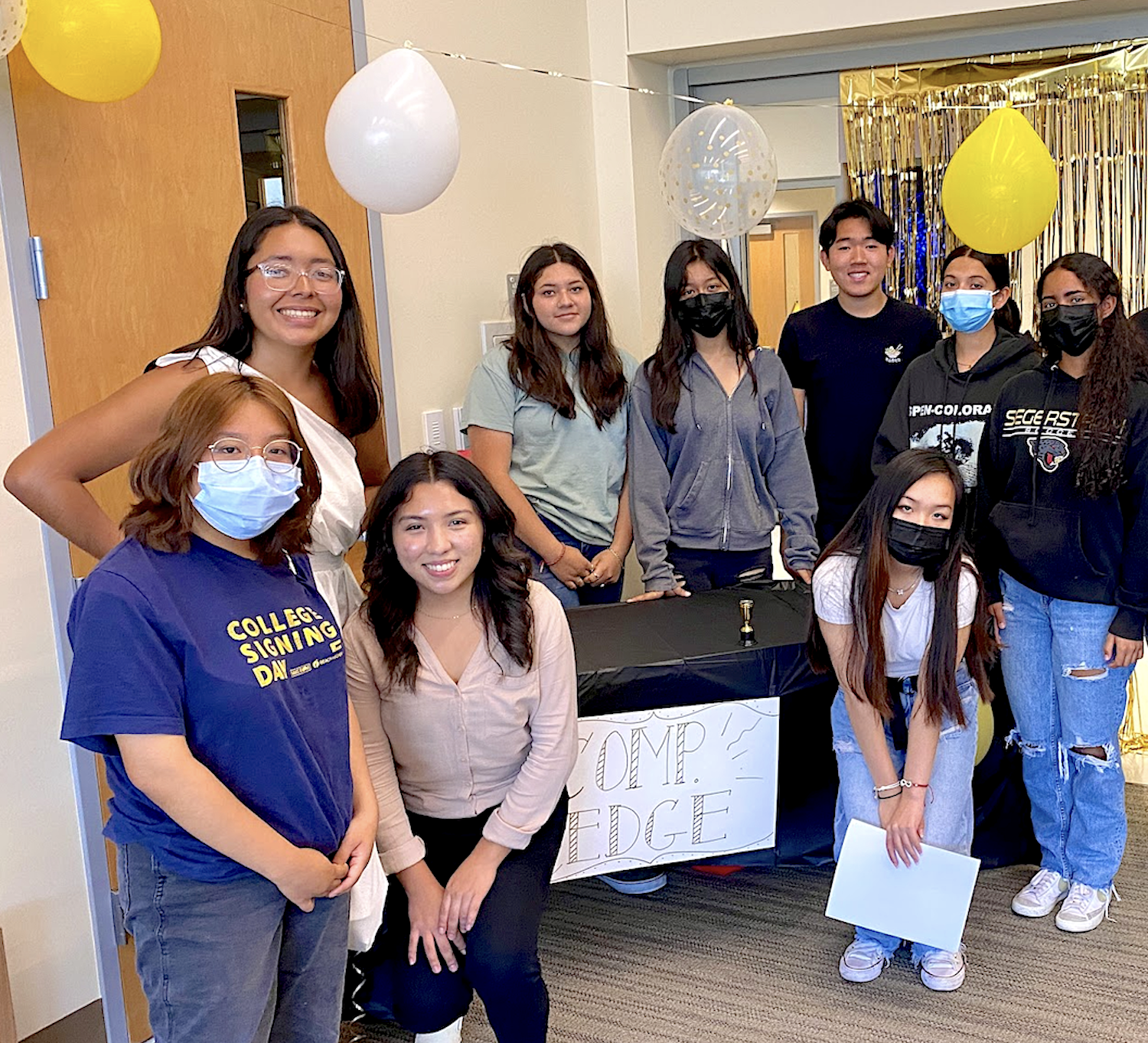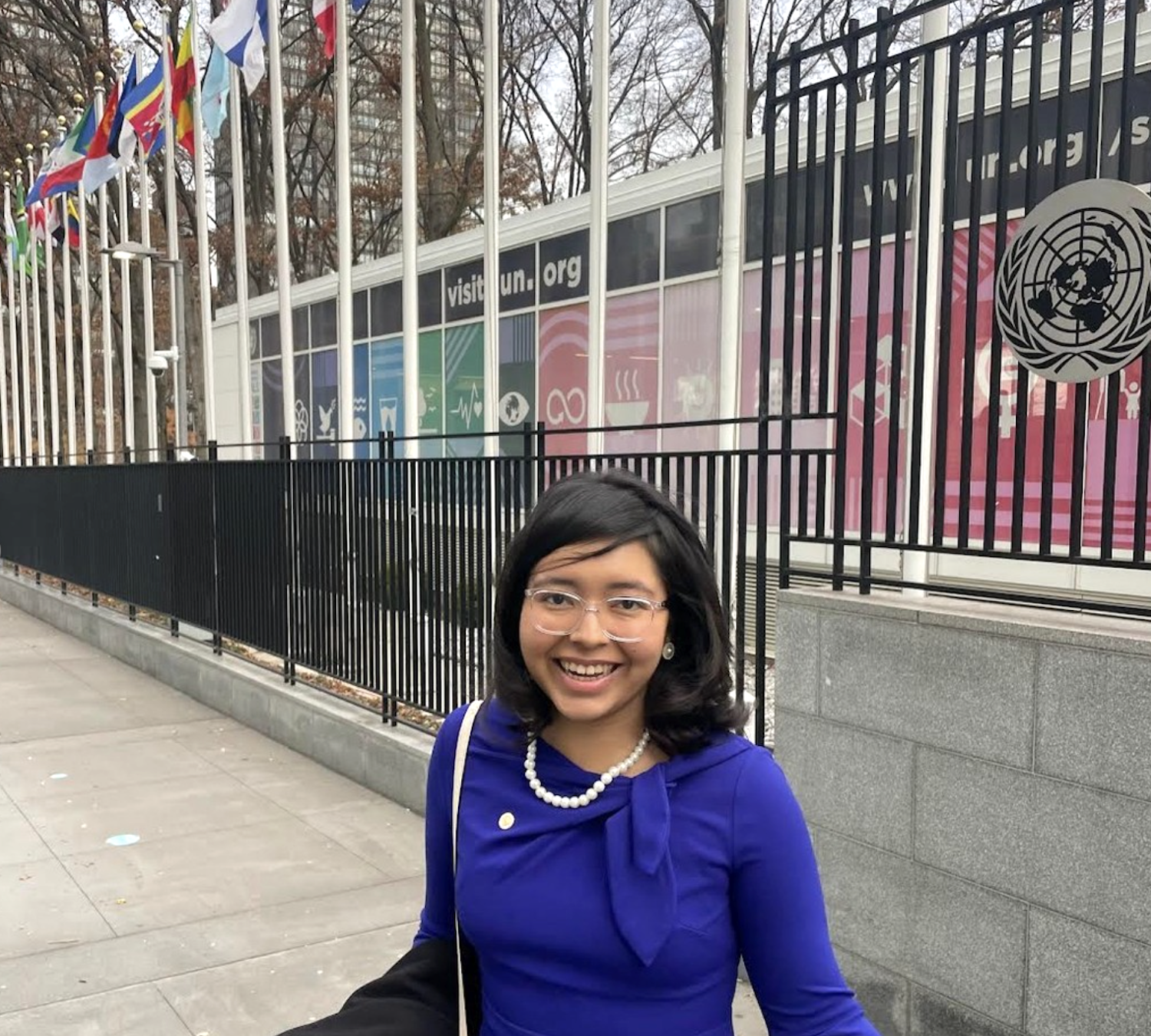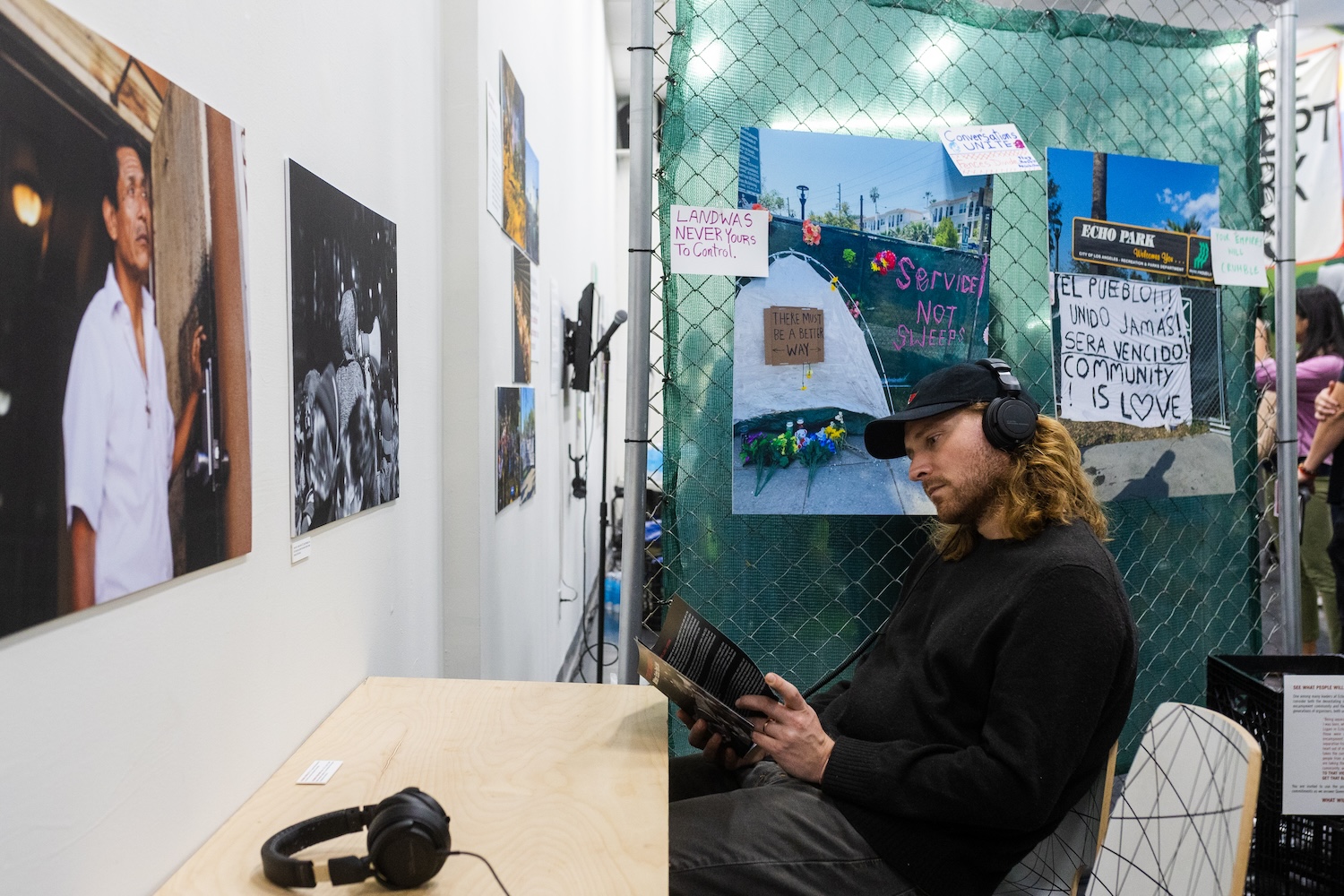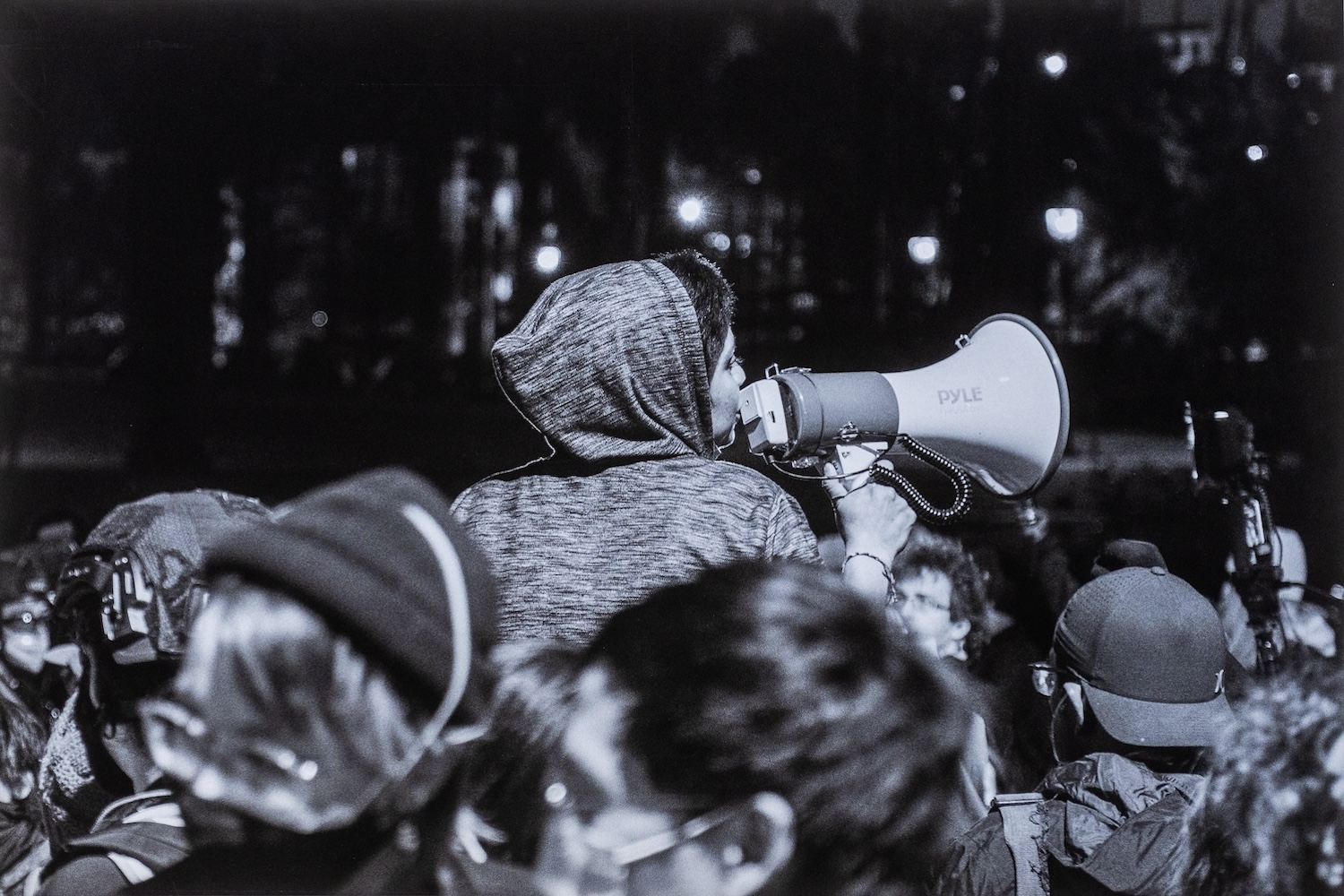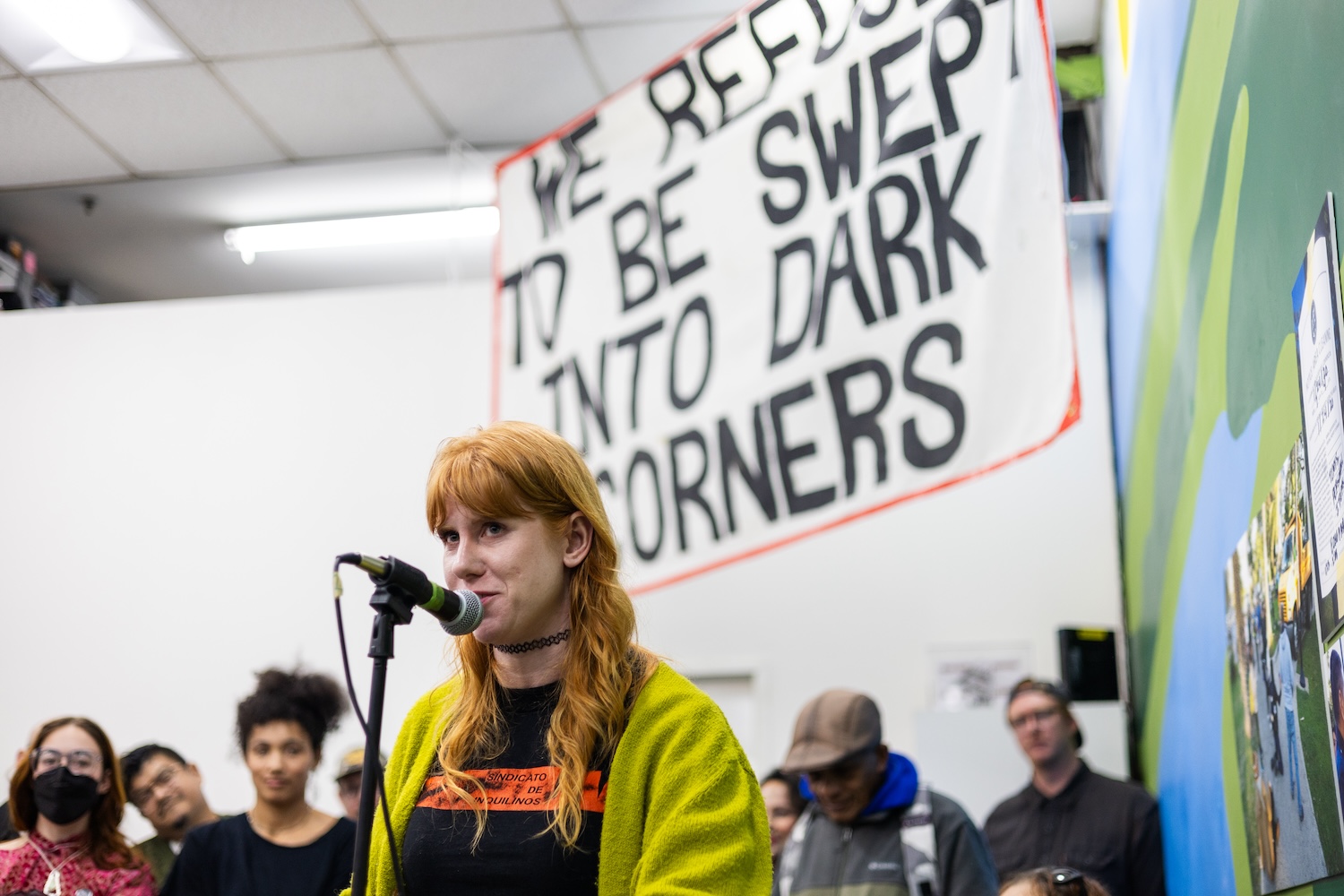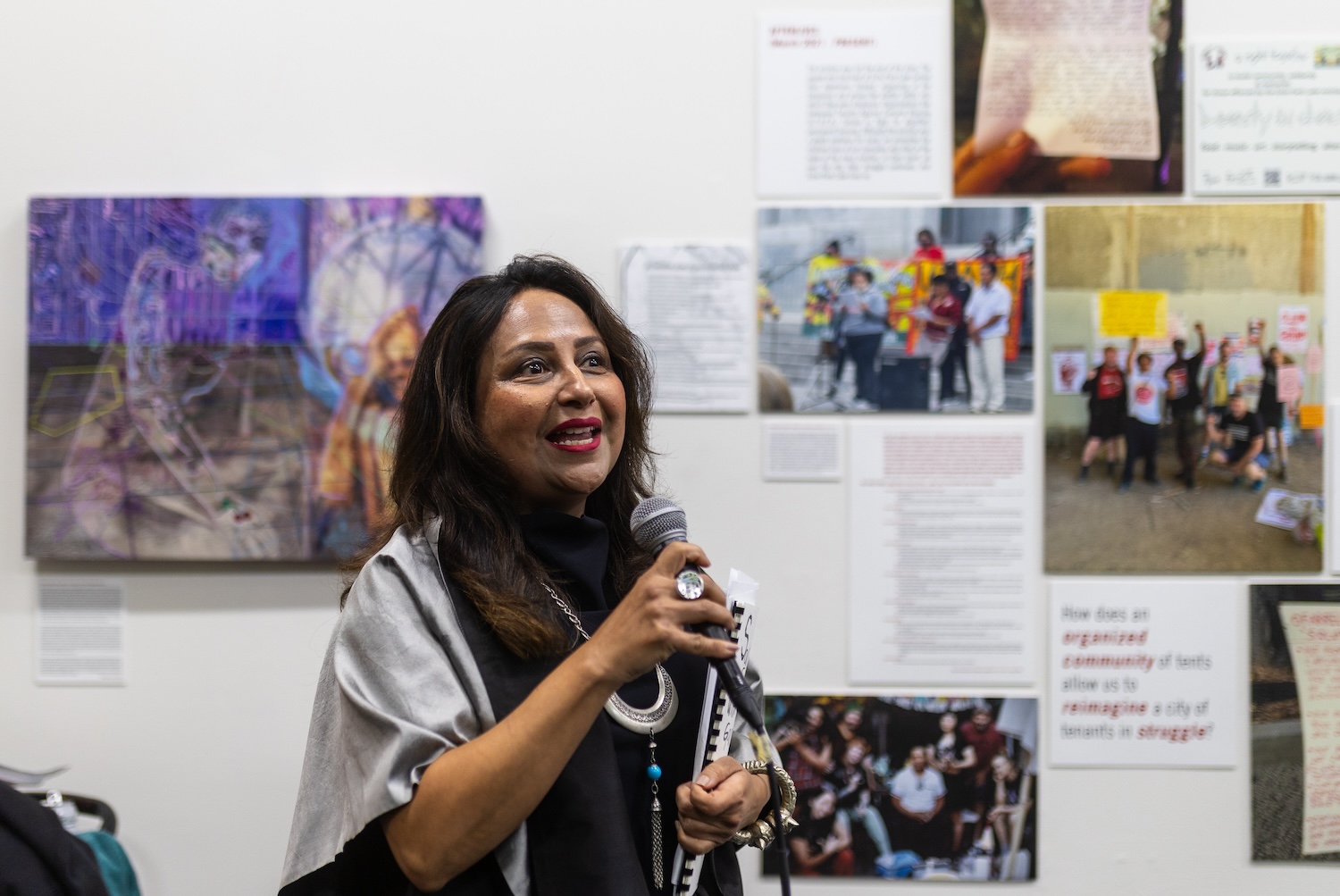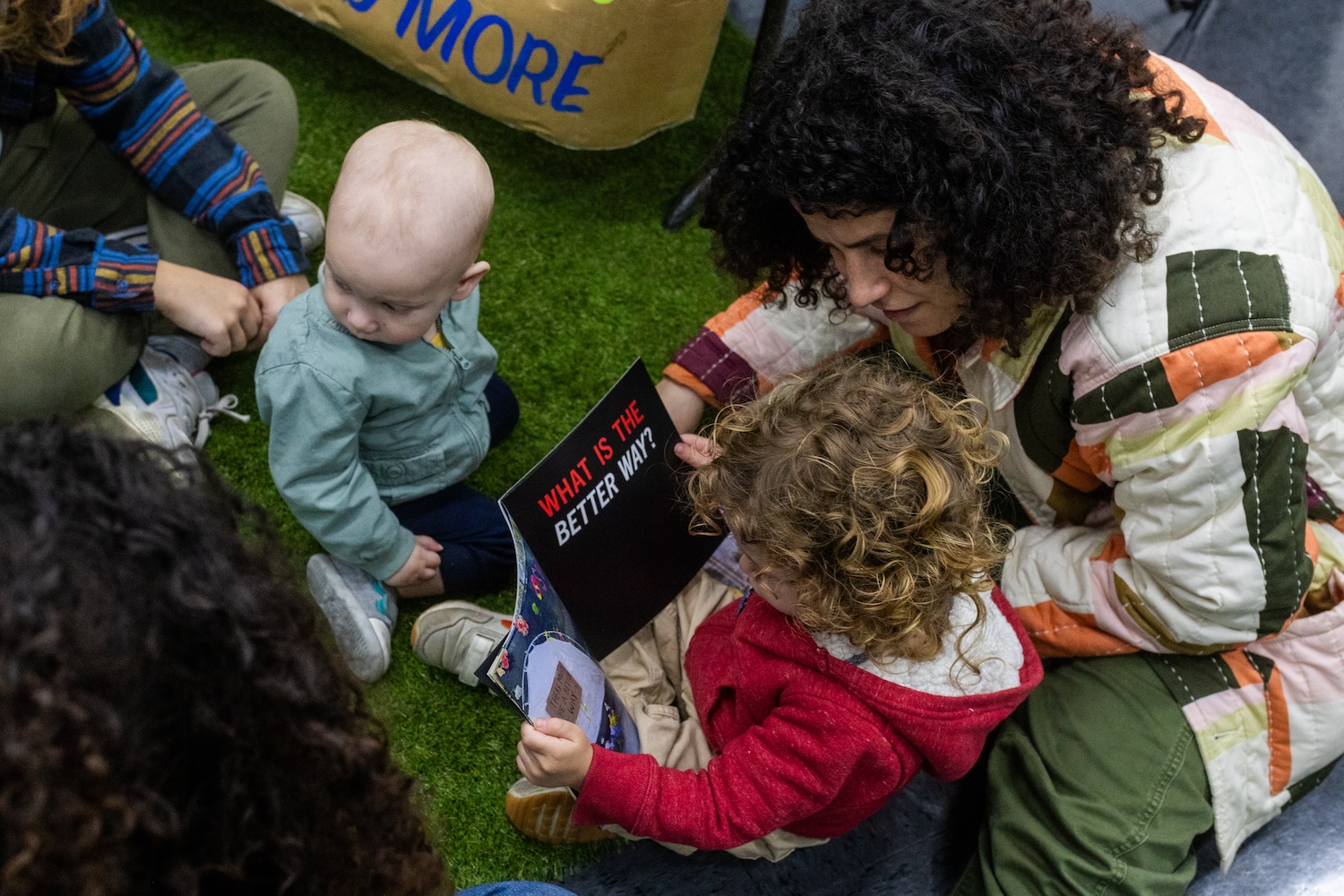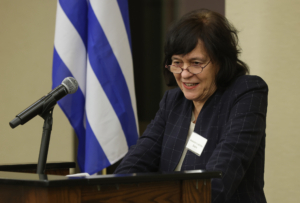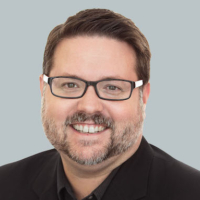A First-Hand Look at How a Public Affairs Education Translates Into Real Action The second annual UCLA Luskin Sacramento Briefing immerses students into research that shapes policy
This year, UCLA Luskin hosted the 2nd Annual Sacramento Briefing, an event that informs state legislators of the breadth of research happening within the school. The gathering featured two panel discussions coordinated by esteemed UCLA Luskin faculty members and their affiliated research centers in collaboration with elected officials, government agencies and other policy experts. This year, the Institute of Transportation Studies presented on reducing vehicle miles traveled on California’s roads, and the Luskin Center for Innovation presented on creating heat-resilient communities.
Ten public affairs undergraduate students and 14 master of urban planning students received scholarships to attend the briefing, and also meet with legislative staffers, receive a private tour of the Capitol building, and sit down with Assemblymembers Mike Fong and Josh Hoover, both UCLA alumni.
We asked Mai Vu, a public affairs major who will be graduating this June, to reflect on her experience as part of the first undergraduate cohort to attend the event. Next year, Mai will be working in-house in the private sector for a global consumer goods company, focusing on government and regulatory affairs.
***
By Mai Vu
The 2025 Luskin Sacramento Briefing was an eye-opening experience that brought policy to life in ways I hadn’t imagined. As part of the first cohort of Public Affairs undergraduate students to receive a travel grant for this two-day professional development event, I had the opportunity to step inside the heart of California’s state government and witness firsthand how decisions are made at the state level. More importantly, I was able to connect with UCLA alumni — now staffers, policymakers and legislative aides at the state Capitol — who had once been in my shoes and could share their experiences and career paths from Westwood to Sacramento in a way that felt especially relatable.

“As a student researcher, this experience challenged me to think about how I can ensure my own work is accessible, actionable and relevant beyond the academic setting,” says Luskin undergrad Mai Vu.
Engaging with State Governance
On our first day in Sacramento, we met with UCLA alumni at the Capitol who discussed their work in state policymaking. Sitting in the very spaces where decisions are made, I saw how the issues we study in Public Affairs — from infrastructure to education — translate into real governance. Touring the Assembly and Senate galleries reinforced this connection, as we engaged with elected officials, policy analysts and professionals in administrative and judicial roles, making me realize the many pathways into state government and broadening my perspective on career opportunities in Sacramento.
Like many of my peers at Luskin, I am drawn to public service by the desire to create meaningful change. My time in Sacramento showed me how state government can be a direct and impactful avenue for that work, particularly in my home state of California. Speaking with policymakers and legislative staff, I gained a clearer understanding of how California’s Legislature functions within the broader political landscape and how it differs from the intense partisanship that often defines U.S. politics.
While political divisions certainly exist, my discussions in Sacramento helped me realize that California’s legislative majority allows for a greater focus on policy implementation rather than ideological debate, leading to more effective governance. This became clear in our discussion with Assemblymember Josh Hoover, who explained how working in the Republican minority requires a strong focus on bipartisan collaboration. His approach to coalition-building challenged my assumptions about politics, reminding me that progress relies more on negotiation, adaptation and shared priorities than strict party alignment.
Equally inspiring was our meeting with Assemblymember Mike Fong and his chief of staff, Sophia Kwong Kim, who spoke about their roles in the California Asian & Pacific Islander (API) Legislative Caucus. As a Vietnamese American student interested in government, seeing leaders who not only shared my API background but were actively working to amplify API voices in policy and create pathways for diverse representation was incredibly meaningful.
Bridging Academia, Policy and Local Communities
The second day’s policy briefing challenged me to think more critically about how research translates into action. As an undergraduate student researcher, it was particularly meaningful to see UCLA faculty — many of whom have taught my classes — present their work in front of legislators and policy practitioners. It reinforced that academic research doesn’t exist in isolation; when framed effectively, it has real-world implications. One of the biggest lessons I learned was that there is real benefit in research, no matter how rigorous or theory-driven, being communicated in a way that policymakers and the public can engage with. As a student researcher, this experience challenged me to think about how I can ensure my own work is accessible, actionable and relevant beyond the academic setting.
Another key takeaway I had from the policy briefing was realizing the power of collaborating beyond just my immediate peers. Seeing faculty, policymakers and community stakeholders engage in discussions — not always agreeing, but always exchanging perspectives — was a reminder that policymaking is rarely black and white. It requires negotiation, compromise and an open acknowledgement of competing priorities.
As I prepare to graduate and begin my career in regulatory and government affairs for the private sector, this experience reaffirmed the importance of cross-sector collaboration. The briefing exposed me to a range of perspectives — from legislators to policy researchers and advocacy groups — mirroring the diverse stakeholder landscape I will navigate. Like policymakers balancing competing priorities, I will need to negotiate between corporate interests, regulatory requirements and public concerns. This experience also provided an early foundation in state government processes and expanded my UCLA network, making future opportunities in public policy, consulting or regulatory agencies more accessible.

